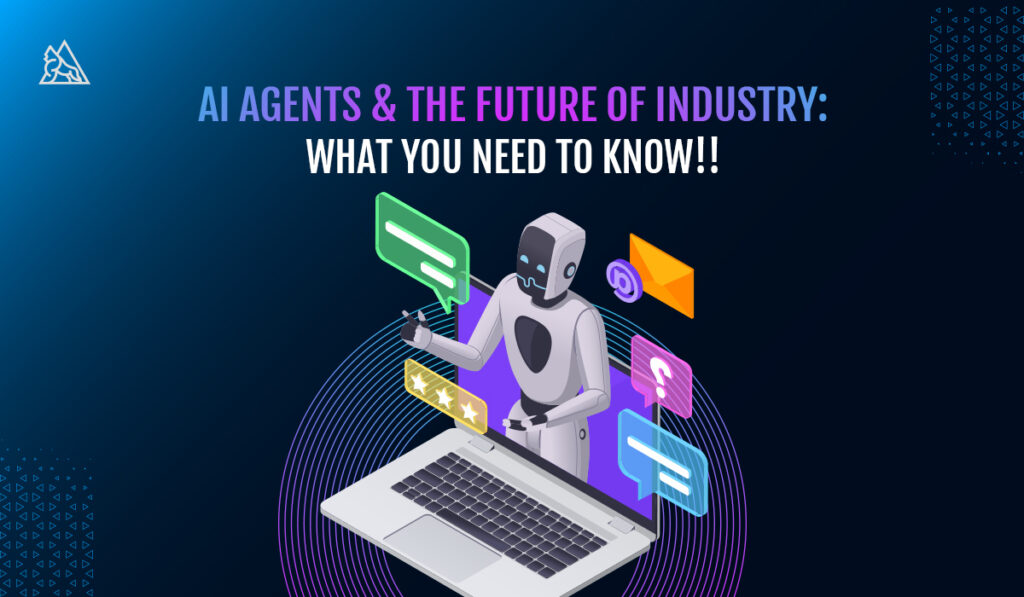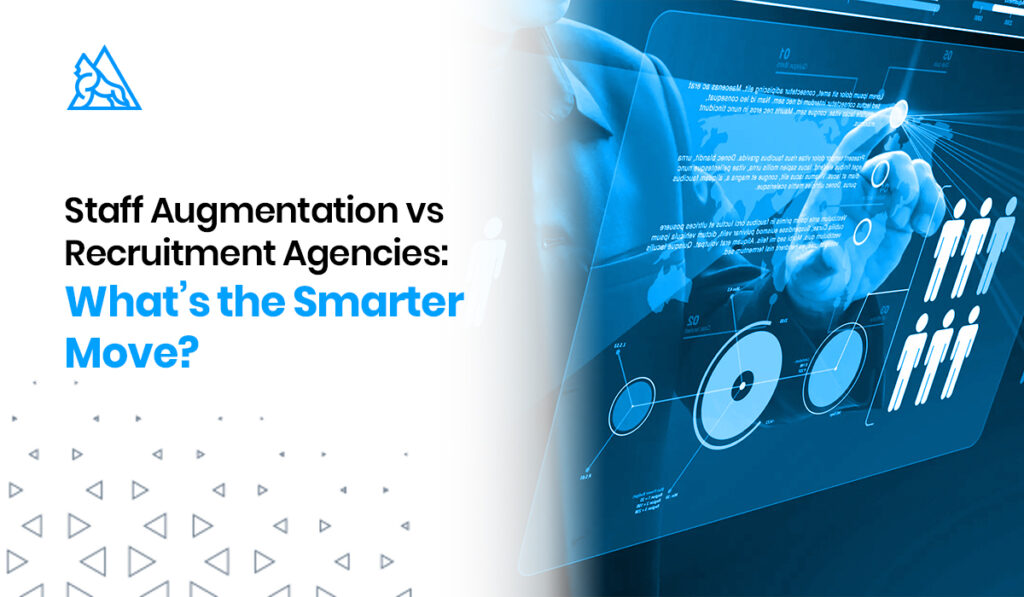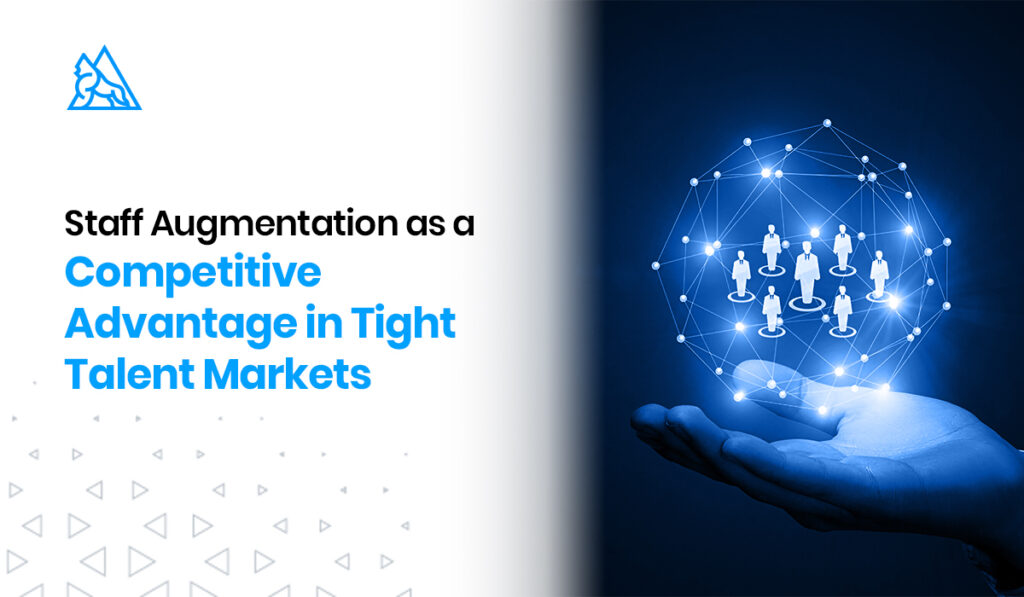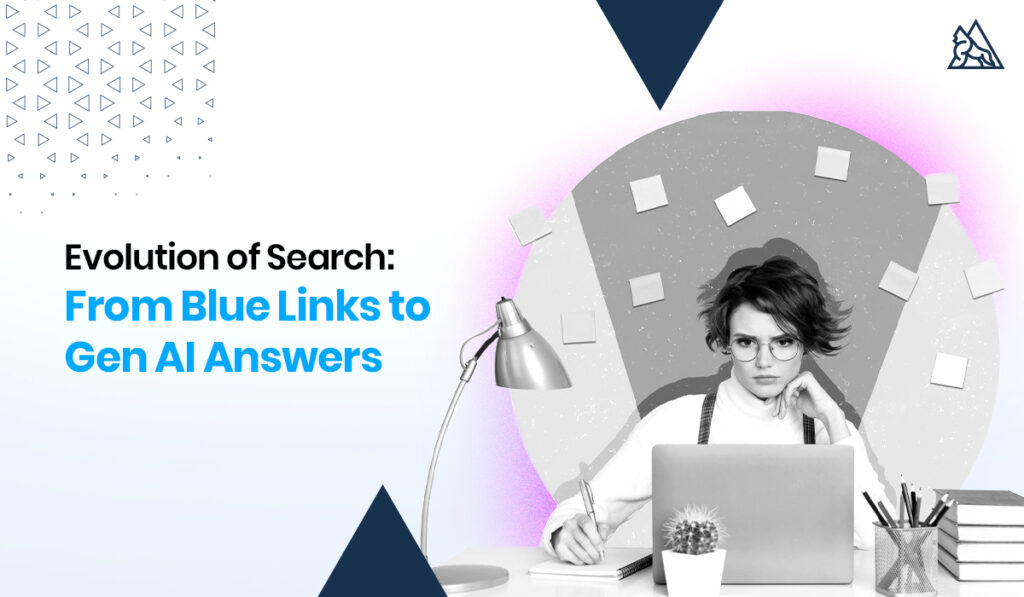AI is no longer just a buzzword. It’s already shaping industries, driving innovation, and let’s face it changing the way businesses operate forever. One of the most exciting advancements?
AI agents.
But what exactly are AI agents, and why is everyone talking about them when discussing the future of work and industry?
Let’s break it down.
What Are AI Agents?
Think of AI agents as intelligent virtual assistants—but way more powerful and autonomous. They don’t just answer your questions like Siri or Alexa.
AI agents analyze data, make decisions, and perform tasks with little to no human intervention. In simple words, they are software-based entities capable of learning, reasoning, and acting independently in complex environments.
Some AI agents are designed for specific tasks, like customer support chatbots, while others handle complex workflows like automating financial transactions or managing logistics operations.
Types of AI Agents you’ll hear about:
- Reactive agents: Respond to environmental stimuli (basic chatbots, for example).
- Proactive agents: Anticipate user needs and act ahead of time (think recommendation engines).
- Autonomous agents: Operate independently to achieve goals (autonomous vehicles, for instance).
- Conversational agents: Focus on natural, human-like interactions (like AI-driven customer service bots).
Now that we’ve got a handle on what AI agents are, let’s explore why they are central to the future of industry.
How AI Agents Work: The Brains Behind the Scenes
AI agents are powered by a mix of Machine Learning (ML), Natural Language Processing (NLP), Computer Vision, and Reinforcement Learning. They observe, learn, and optimize their performance over time.
Imagine an AI sales agent: it doesn’t just respond to inquiries. It learns what customers prefer, analyzes buying patterns, predicts future trends, and automates personalized outreach.
Some key technologies that make AI agents possible:
- Deep learning algorithms for decision-making
- Big data analysis for pattern recognition
- NLP for understanding human language
- Computer vision for interpreting images or video feeds
- Cloud and Edge Computing for real-time action
Bottom line: AI agents are not just “if-this-then-that” bots. They are thinking, evolving digital workers.
Industries AI Agents Are Already Transforming
Let’s get practical. AI agents are disrupting industries and if you’re in any of these spaces, it’s time to take notice.
1. Healthcare: Saving Lives, One Algorithm at a Time
Imagine AI agents assisting doctors by analyzing patient data faster than any human could, predicting illnesses, and suggesting treatments.
- AI diagnostics: Agents that spot diseases like cancer early using image recognition.
- Virtual health assistants: Personalized medical advice 24/7.
- Drug discovery: AI agents analyze chemical compounds to suggest potential new medicines.
Example: IBM’s Watson Health is already working on cancer treatment recommendations powered by AI.
2. Manufacturing: Smarter, Faster, More Efficient
The smart factory isn’t a dream anymore. AI agents are optimizing production lines, reducing waste, and predicting machinery breakdowns before they happen.
- Predictive maintenance: AI agents analyze sensor data to prevent costly downtime.
- Quality control: AI-powered cameras and software spot defects faster than humans.
- Supply chain management: AI agents optimize inventory and distribution.
Result? Reduced costs, higher efficiency, and better product quality.
3. Finance: More Than Just Chatbots
Finance isn’t just about number crunching anymore—it’s about smart, AI-powered decisions.
- Fraud detection: AI agents monitor transactions for anomalies in real time.
- Robo-advisors: Personalized investment advice without human bias.
- Algorithmic trading: AI agents analyze market patterns and execute trades faster than human traders.
If you’re in finance and not using AI agents, you’re already behind.
4. Retail & ECommerce: The Rise of AI-Powered Customer Experience
From personalized shopping assistants to inventory optimization, AI agents are the secret sauce behind some of the biggest retail giants.
- AI chatbots: Handle customer queries 24/7.
- Recommendation engines: Suggest products customers are likely to buy.
- AI pricing models: Adjust prices in real time based on demand and competition.
Amazon, Shopify, and even small online stores are leveraging AI agents to boost sales and improve customer satisfaction.
5. Transportation & Logistics: A New Era of Automation
Whether it’s self-driving trucks or drone deliveries, AI agents are reimagining how goods move around the world.
- Route optimization: AI agents find the fastest, most efficient delivery routes.
- Fleet management: Monitor vehicle health, reduce fuel costs.
- Warehouse automation: AI agents control robotic pickers and packers.
The result?
Faster deliveries, lower costs, and fewer human errors.
The Future of AI Agents: What’s Next?
So, where is this all headed? Here are some trends you can’t afford to ignore:
1. AI + IoT = Supercharged Agents
AI agents will increasingly work with Internet of Things (IoT) devices, creating smart environments from factories to smart homes.
2. Autonomous Businesses
Imagine companies run entirely by AI agents handling operations, customer service, marketing, and even sales.
3. Human-AI Collaboration
Rather than replacing jobs, AI agents will augment human work, handling repetitive tasks so people can focus on strategy and creativity.
4. AI in Creative Fields
AI agents are even entering creative spaces designing websites, composing music, generating marketing content (yes, even this article has AI roots!).
5. Ethical AI: A Growing Concern
As AI agents take on bigger roles, ethics, bias, and transparency will be critical. AI governance frameworks will be as important as the technology itself.
Challenges of AI Agents: Not All Smooth Sailing
Let’s be honest AI agents bring serious challenges too:
- Job displacement: Some roles will become obsolete, needing reskilling.
- Bias and fairness: AI agents can inherit biases from training data.
- Security risks: Hacked AI agents could cause real damage.
- Legal questions: Who’s liable if an AI agent makes a mistake?
Businesses must adopt AI responsibly, balancing innovation with ethics.
What Should Businesses Do to Get Ready?
If you’re running a business big or small here’s how to prepare for an AI-driven future:
- Start small: Begin with AI agents for simple tasks like customer service.
- Invest in AI training: Upskill your workforce to work alongside AI.
- Partner with AI experts: Collaborate with agencies (like Gorilla 360 Marketing) that know the AI landscape.
- Focus on data: AI agents are only as good as the data you feed them. Ensure clean, relevant datasets.
- Create AI governance policies: Set rules for ethical and responsible AI use.
Conclusion: Embrace the AI Agent Revolution
AI agents are not a far-off fantasy. They’re here now, reshaping industries from healthcare to retail. Businesses that embrace AI agents today will lead tomorrow’s market, while those that don’t may struggle to catch up.
So, the real question is—are you ready to integrate AI agents into your business strategy?If you’re curious about how AI and automation can drive growth for your business, Gorilla 360 is here to help. Let’s explore what AI can do for you.










